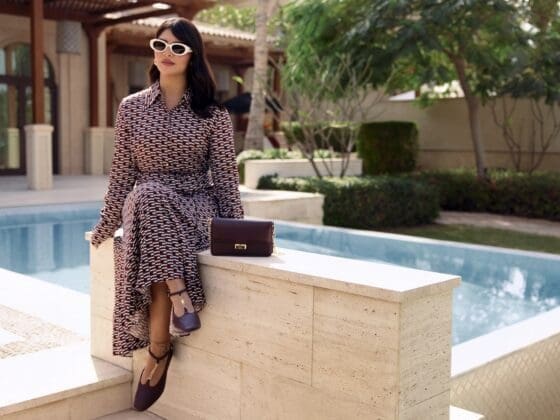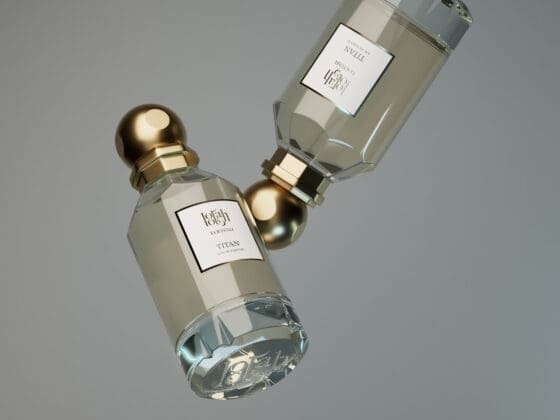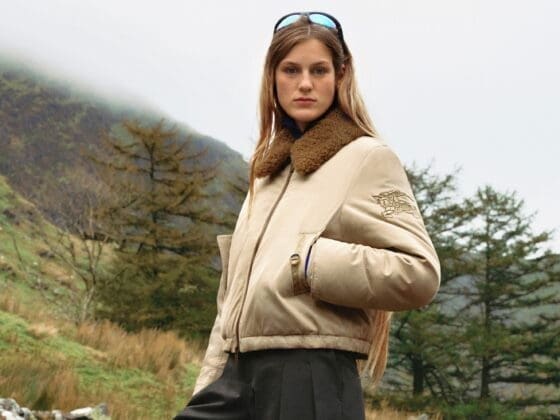Mike Amiri’s Spring-Summer 2026 collection transforms the runway into a fictional yet deeply evocative space: the Chateau AMIRI. More than a fashion show, it is a cinematic daydream, set in a sun-drenched, imagined hotel that draws from iconic Hollywood haunts and global cultural rendezvous. For Amiri, the hotel becomes a symbol of intersection—where cinema, music, art, and life merge into a fluid language of style. If Club AMIRI was the night before, then Chateau AMIRI is the morning after—effortless, soft, reflective, and vibrantly alive.
The collection drapes itself in motifs of hotel lore—monogrammed slippers, lush upholstery, tasseled key-fobs—reimagined into fluid tailoring, feather-light jacquards, and silken suiting. Artist Wes Lang’s time spent creating art in Room 34 of Chateau Marmont inspires embroidery and textile detailing, with birds and beaded flora drifting across garments like whispered stories. Loungewear aesthetics—robes, pajamas, and smoking jackets—intertwine with sophisticated tailoring in desaturated pastel tones of mint, raspberry, and pale gold, capturing the feel of a long, sunlit Californian afternoon.
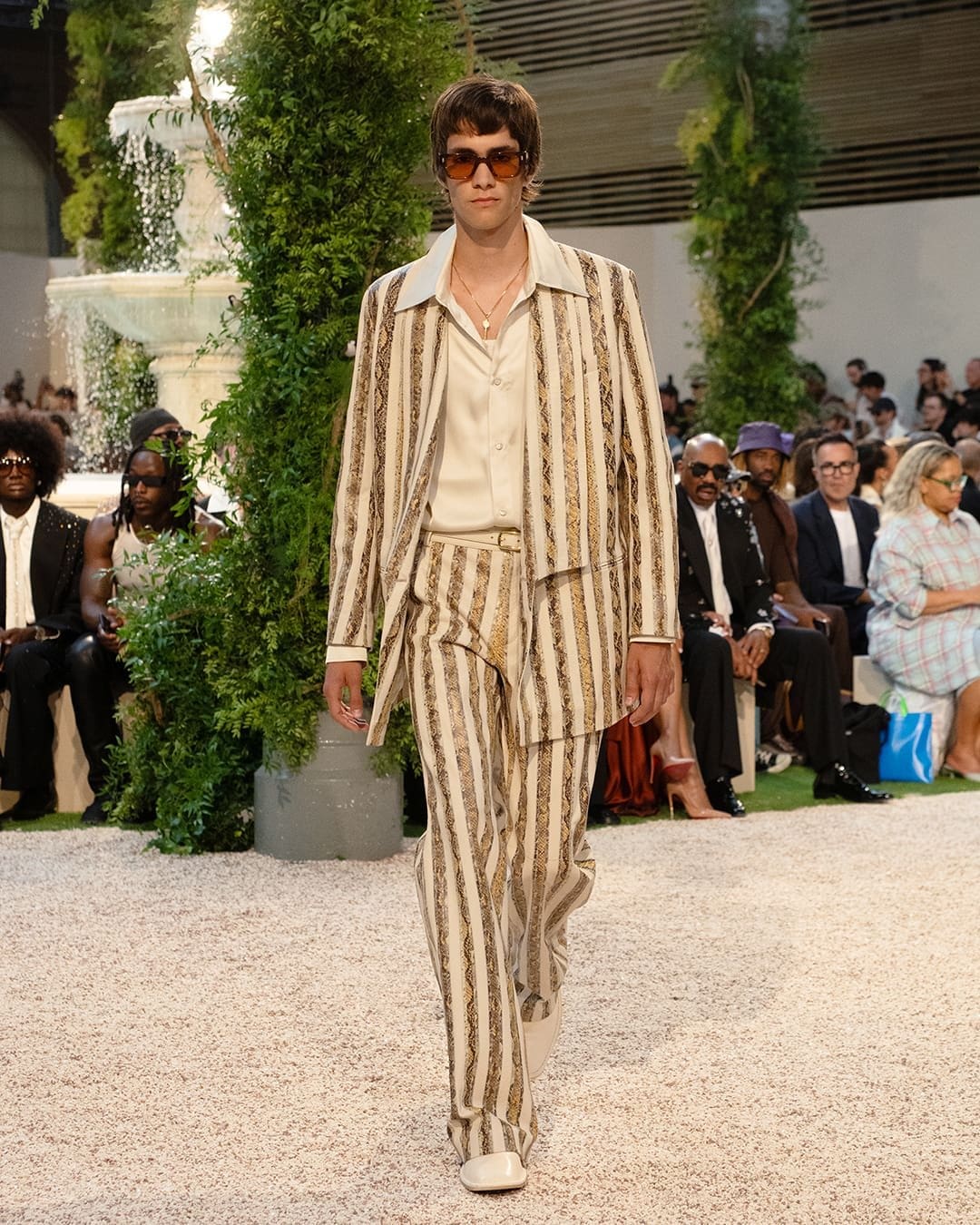
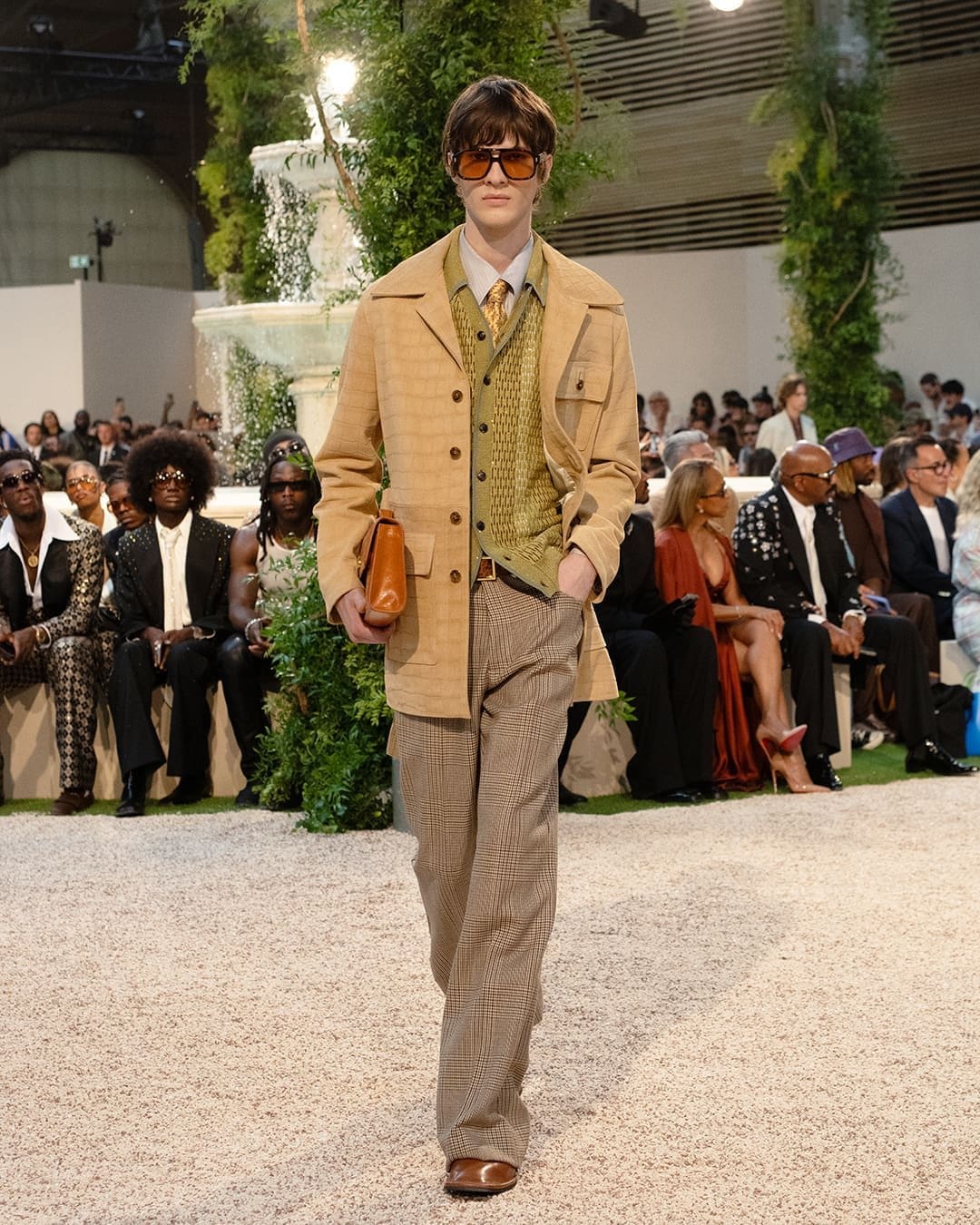
The silhouettes harken to 1970s coastal elegance: wide lapels, elongated lines, and dropped shoulders lend a swagger and softness, suited to both men and women. Evening jackets share space with pajama shirts; vintage motifs brush against contemporary minimalism. The footwear is comfort elevated—jacquard hotel-style slippers and collapsible-back moccasins adorned with the AMIRI emblem. In womenswear, sleek gowns in crochet and open-knit fabrics glow beside silk suits in jewel tones, with lace detailing nodding to the intimacy of lingerie. The debut of the “Honey” bag in crocodile-embossed suede adds a tactile, slouchy punctuation to the collection’s relaxed glamour.
At Le Carreau du Temple in Paris, the vision unfolds in a garden courtyard adorned with fountains and greenery—bringing the inside out and the outside in. In this fantasy space, characters meet, stories cross, and worlds dissolve into each other. The Chateau AMIRI is more than a set—it is a spirit, where the everyday becomes poetic, and fashion becomes the quiet dialogue between strangers in passing.
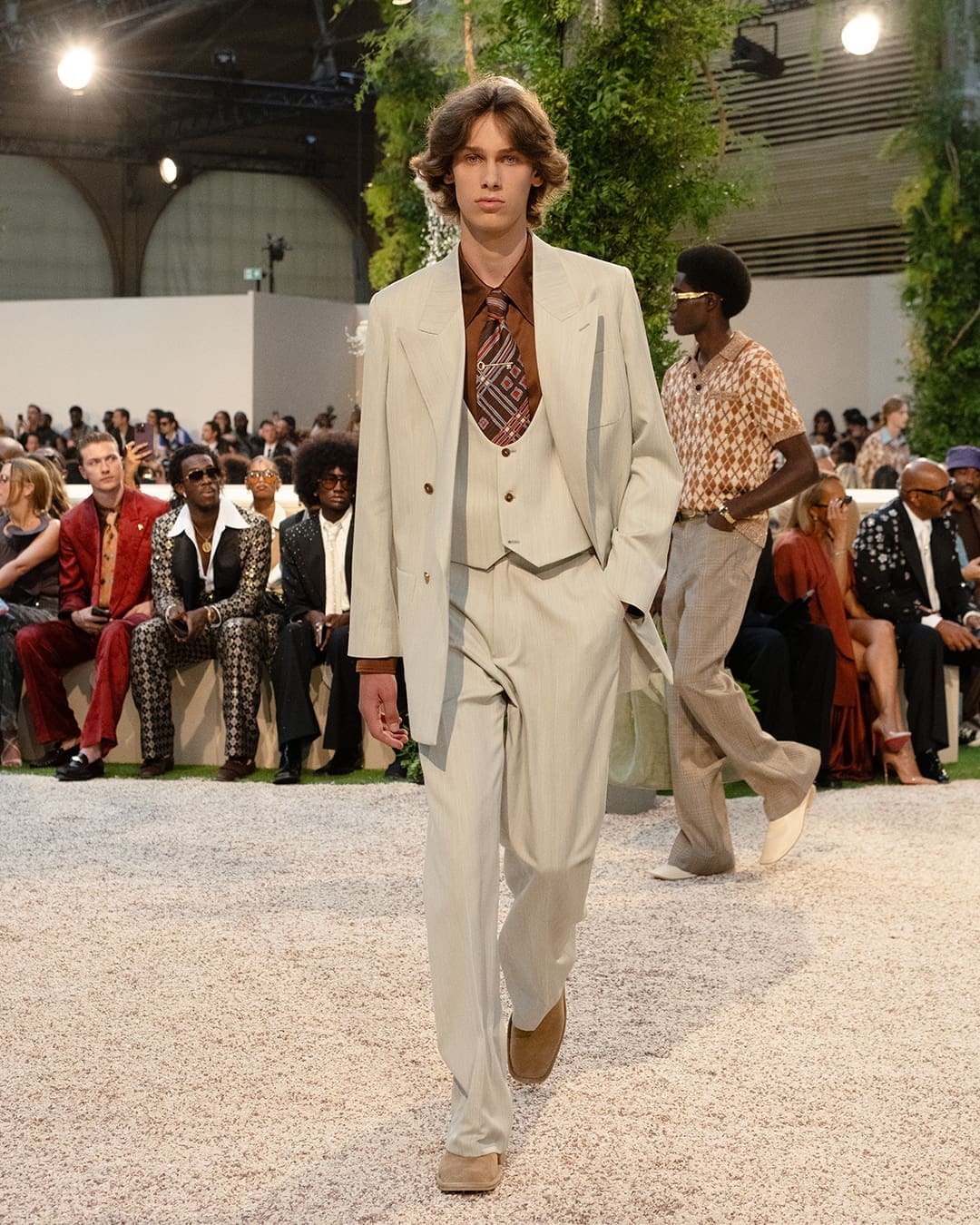
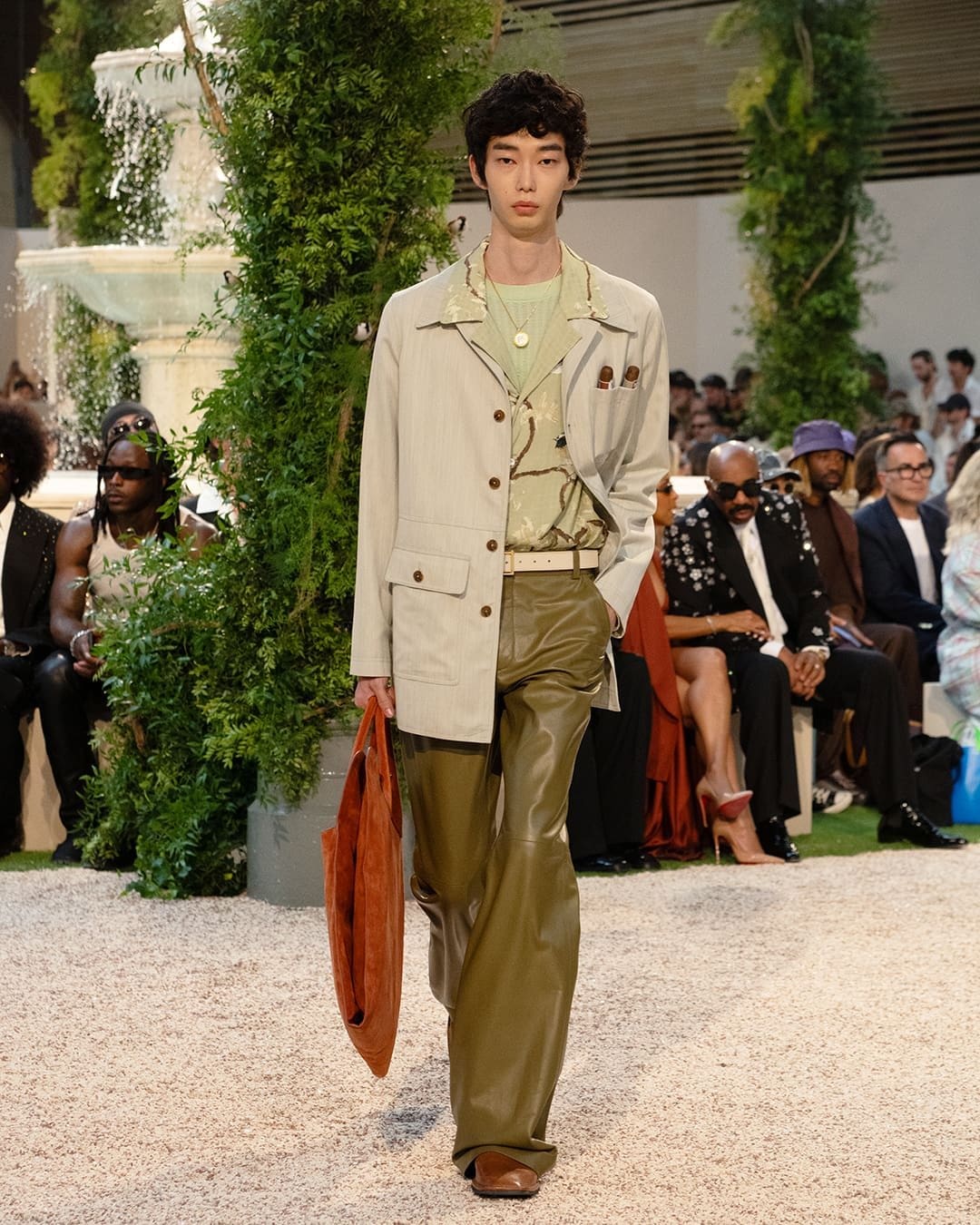
The show, though theatrical in presentation, is grounded in quiet luxury. There’s a sincerity to the narrative Amiri constructs—these aren’t just clothes, but expressions of persona, mood, and moment. Pieces like feather-trimmed tuxedo shirts and embellished lounge sets evoke a mood of indulgence without ostentation. They’re clothes for those who appreciate intimacy in detail—soft textures, whispered color, the weightless grace of craft. It’s luxury you feel before you see.
This collection also deepens AMIRI’s cross-generational appeal. For those who came of age idolising the glamour of the 1970s and 1980s, Chateau AMIRI is a portal back to youth, nightlife, and iconic hotel lobbies lit by twilight. For younger audiences, it reads as a contemporary love letter to analog hedonism—where style is as much about ease and expression as it is about identity. Through fluidity of form and material, the garments move with the wearer, becoming a lived-in, cinematic second skin.
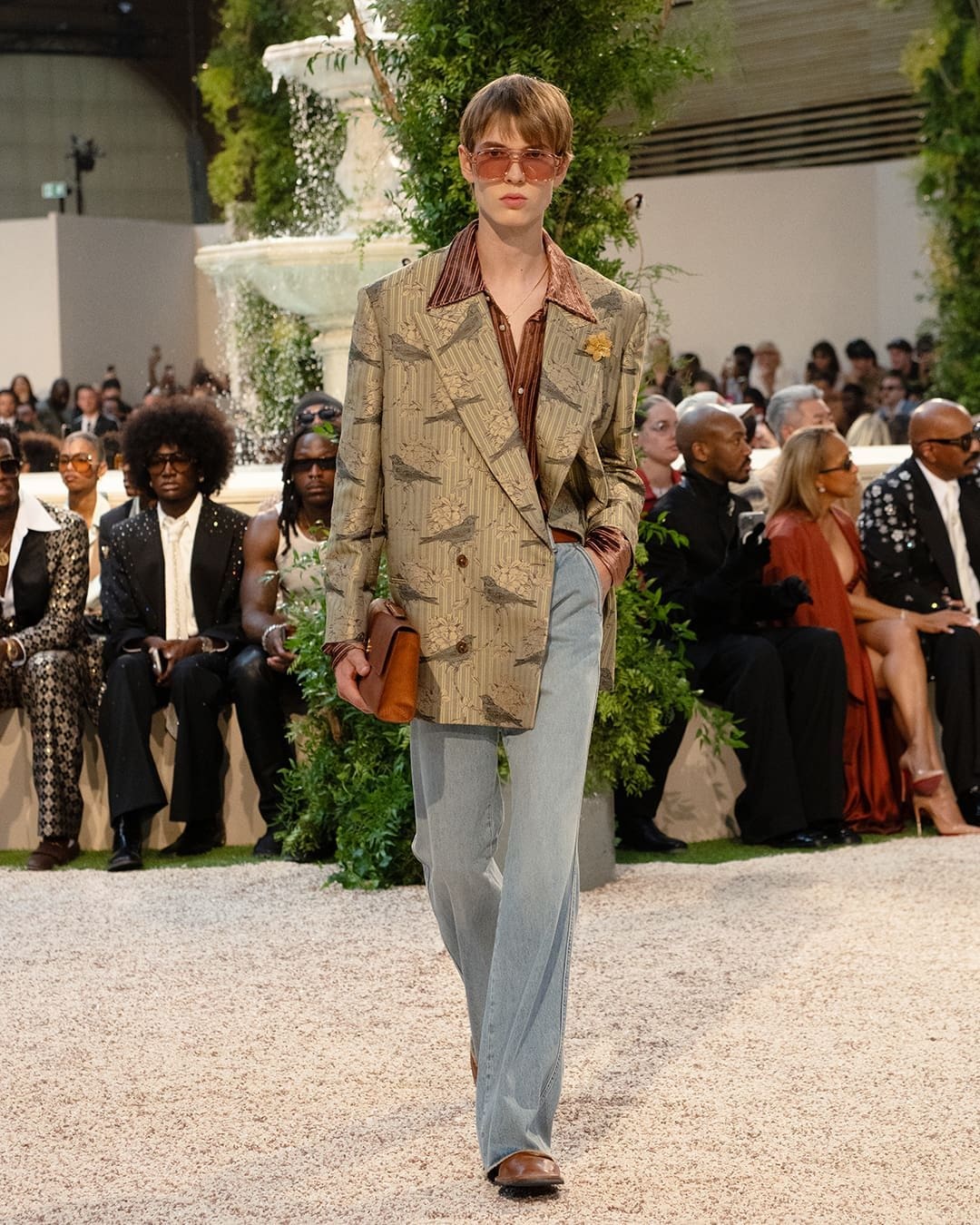
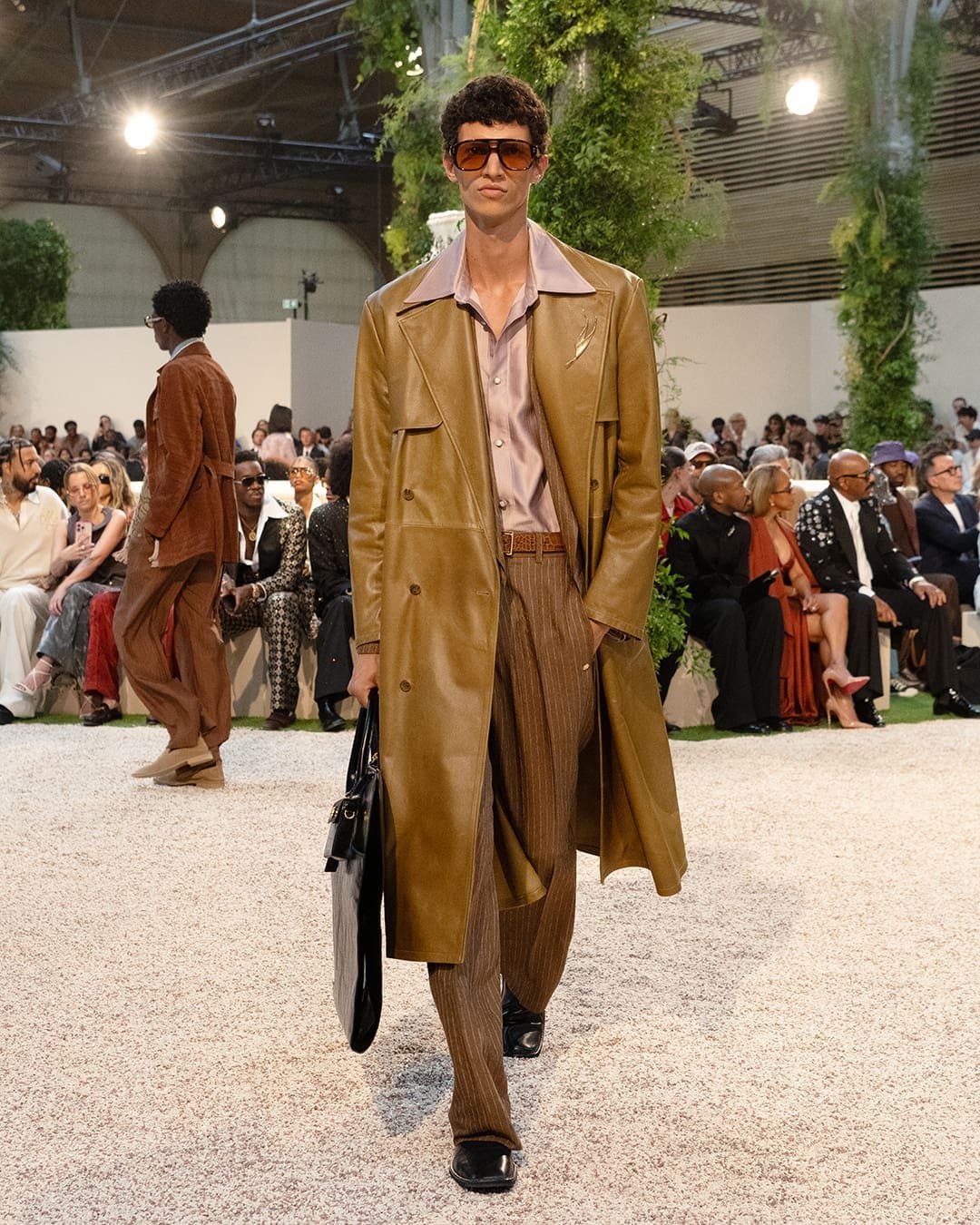
Accessories underscore this narrative of timeless elegance. From suede shoulder bags to opulent brooches, each item is a thoughtful extension of the story. The ‘Honey’ bag, with its vintage silhouette and slouchy construction, feels like it’s already lived a life—softened at the edges by memory. Meanwhile, the Chambelink pins and open-knit gloves pay tribute to the culture of layering, personalisation, and ritual dressing—hallmarks of AMIRI’s world-building.
In its totality, Spring-Summer 2026 becomes a mood board for modern nostalgia. The imagery is part Wes Anderson, part Studio 54, and part Southern Californian reverie. It is this layering of references—historic, cinematic, personal—that gives Chateau AMIRI its emotional charge. The clothes aren’t just about beauty or functionality—they’re about memory, seduction, and belonging. A pyjama shirt here might recall a hotel stay. A beaded collar, a night at the theatre. The show encourages viewers to connect their own moments to the textures and silhouettes on display.
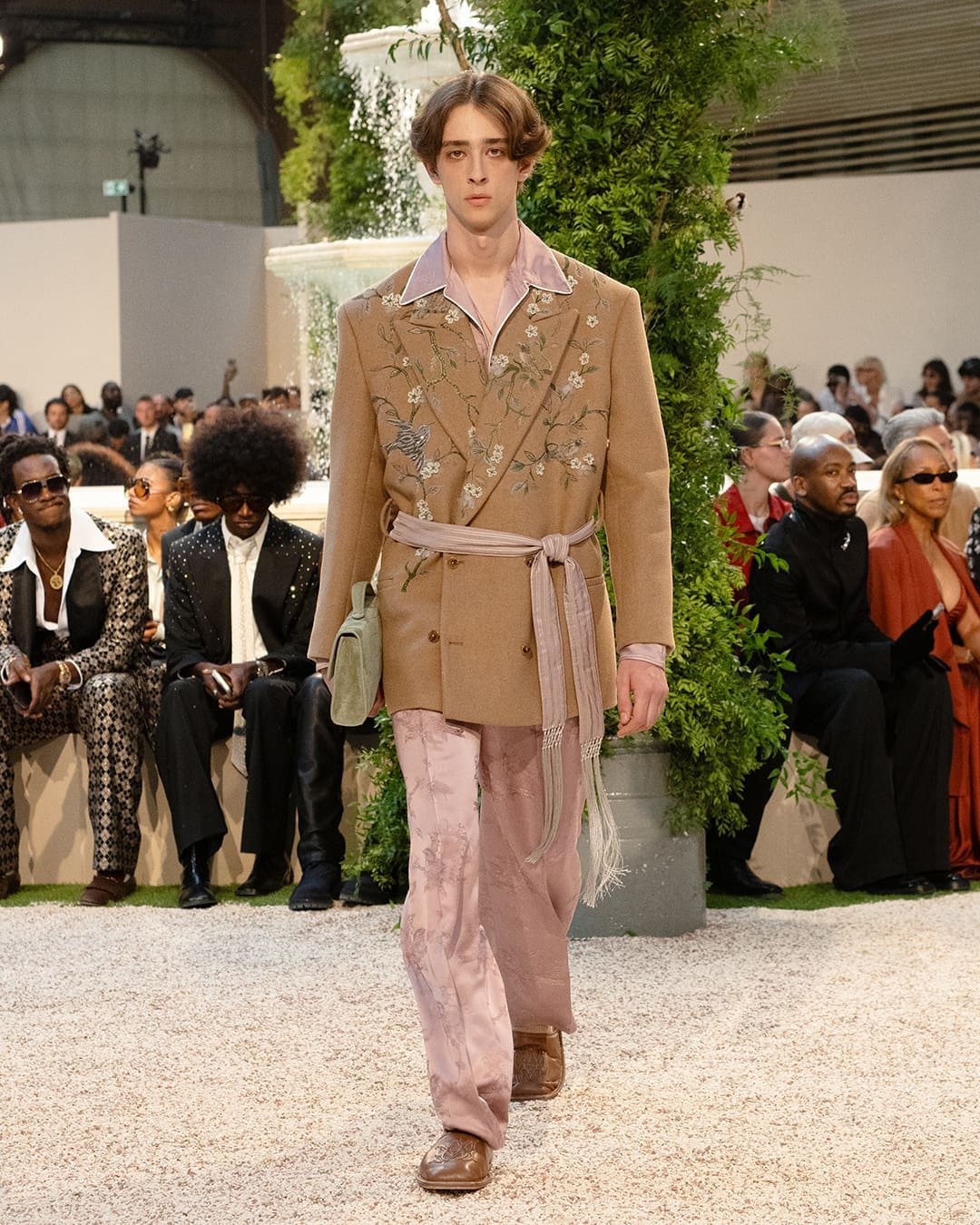
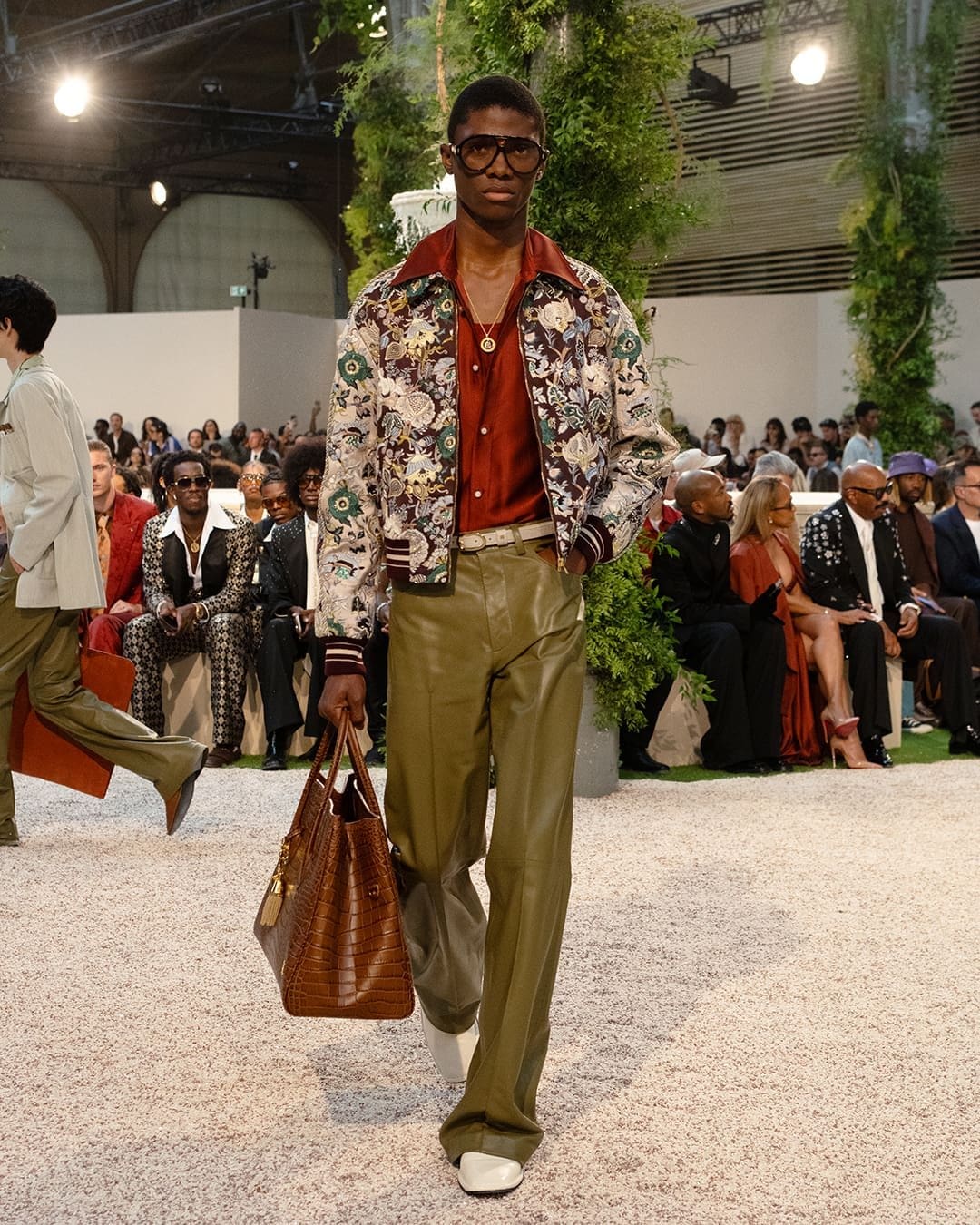
Mike Amiri’s Chateau AMIRI isn’t just a fantasy; it’s a feeling. One of elegance without rigidity, glamour without excess, intimacy without performance. It’s the shared magic of passing encounters, the comfort of personal rituals, and the quiet thrill of dressing up for oneself. In a world chasing spectacle, AMIRI offers reflection—and in doing so, redefines what it means to live fashionably today.


